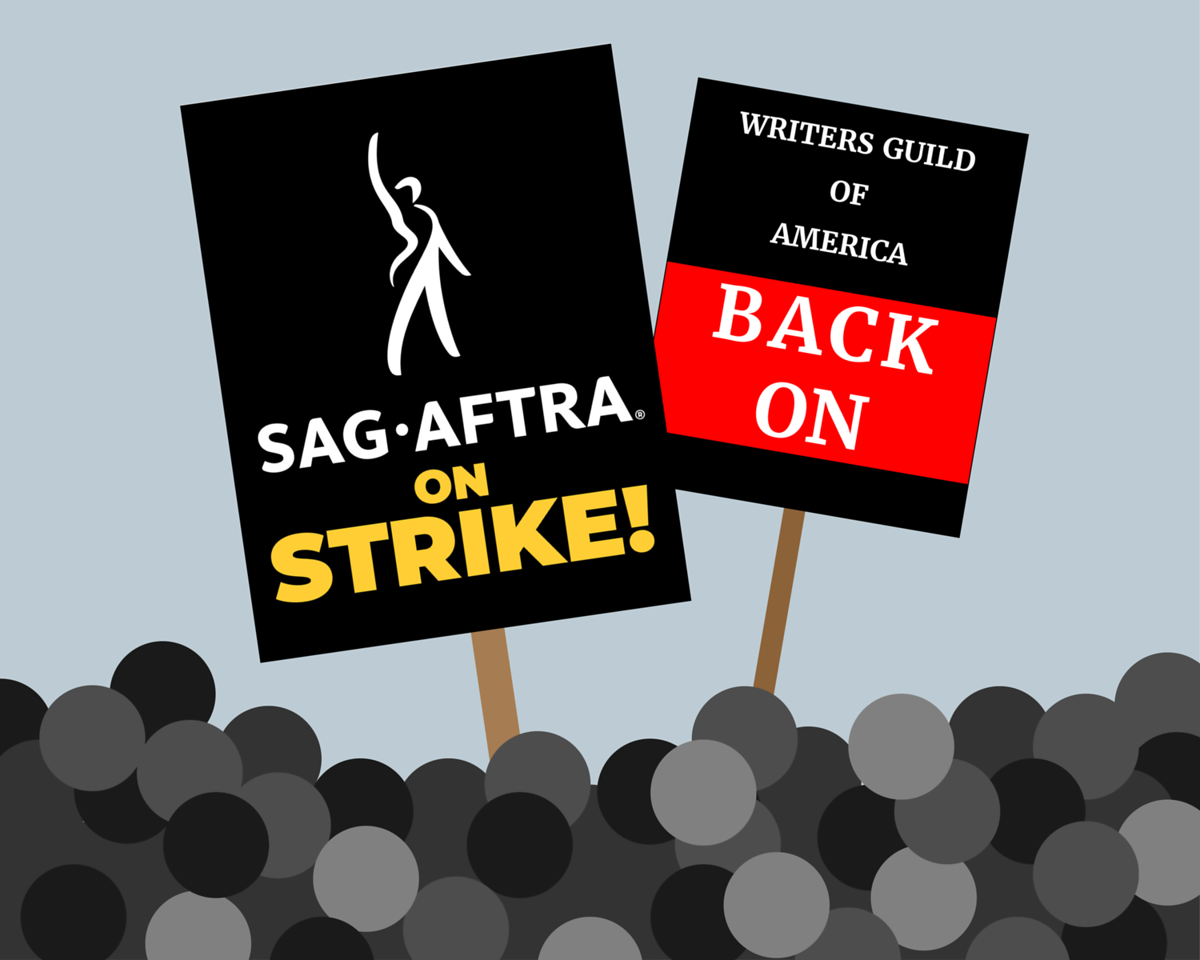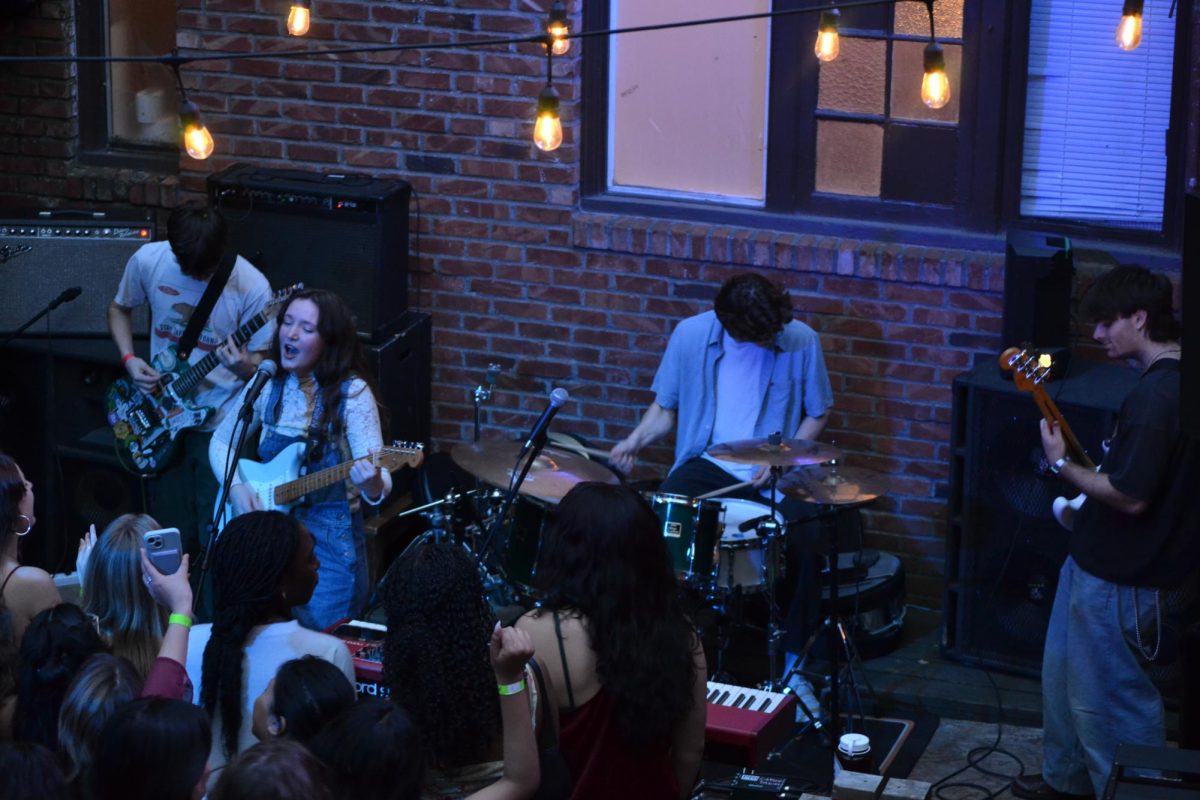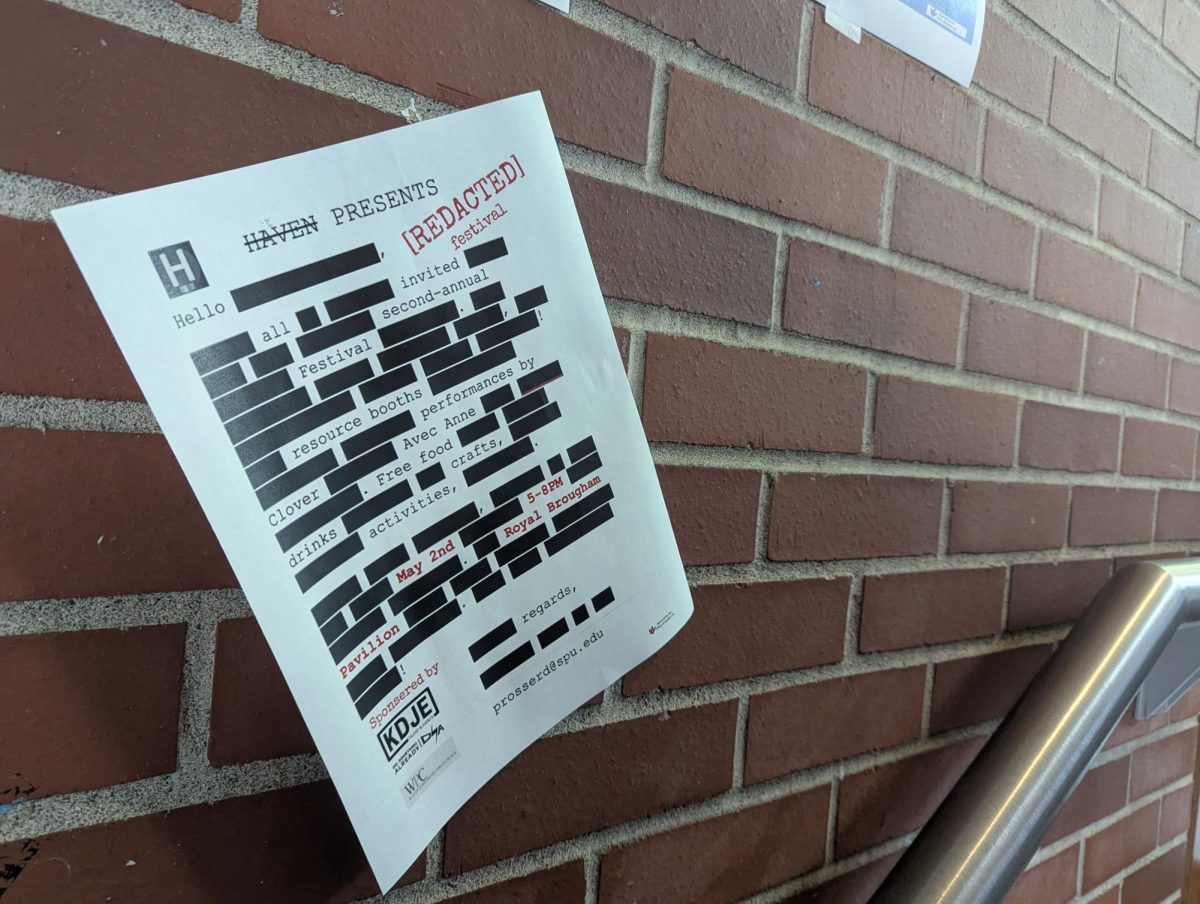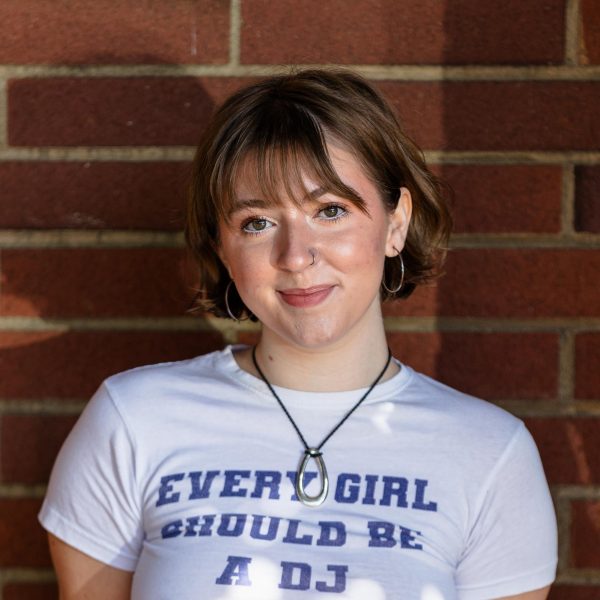
At 12:01 a.m. on Wednesday, Sept. 27, the 148-day-long Writers Guild of America strike ended following a tentative three-year-long agreement was made with studios late Sunday night on Sept., 24. The deal was made relatively quickly, considering negotiations had been at a standstill for over a month, with refusal from both the Writers Guild of America and studios to meet at all.
On Tuesday, Sept. 19, the WGA negotiating committee emailed union members about their plans to meet with the Alliance of Motion Picture and Television Producers and continue bargaining. This was the first time the term “bargain” was used in an official way during negotiation conversations, cueing members that they were finally at a collaborative point with the studios and were determined to bring the strike to an end.
The next day, four big studio names – Disney CEO Bob Iger, Netflix co-CEO Ted Sarandos, Warner Bros. Discovery chief executive David Zaslav and NBCUniversal chair and chief content officer Donna Langley– arrived at the AMPTP headquarters to the surprise of the WGA. The four studios remained actively engaged during the five consecutive days of negotiation, being directly a part of the bargaining conversations for the first time. Less than ten days later, a deal was made.
Second-year computer science major, Curtis Kitchen, hopes to one day work in the entertainment industry. The strike left him scared of what its impact could mean for his future and is relieved to see the strike finished.
“First of all, I felt bad for the writers because they weren’t getting paid, and I’ve been seeing newer shows with very good writing, and I just can’t fathom not wanting to pay those people for the work they were doing.” Kitchen said.
Kitchen was also worried about the future of many of his favorite shows.
“It scared me that there were really good shows that had so much potential that were going to get canceled because the strike left them open-ended for years,” Kitchen said. The completion of the strike has come as a sigh of relief to many audiences holding on to their favorite shows’ cliffhangers.
It will be a while before many TV shows return to the air, but the writer’s rooms are getting to work already, with MAX and Netflix promising to prioritize finishing new seasons rather than producing fresh content.
Guild members have referred to the conditions of the agreement as exceptional despite not receiving all they initially requested. What the deal did accomplish includes a 76% increase in residual pay from overseas audiences, viewer-based bonus programs from streaming services, a required minimum of at least three on-staff writers active in the writers’ room for any full-season show and a settlement on artificial intelligence.
AI usage has been at the forefront of the WGA’s fight against studios, especially after the Screen Actors Guild – American Federation of Television and Radio Artists went on strike in solidarity this summer. AI has been continuously used as a looming threat to writers’ jobs as studios began to express interest in the idea that AI programs could do their job for them.
The new contract guarantees that artificial intelligence technology will not intrude on the writers’ credits, pay or job opportunities. If allowed by the company they are working with, writers can use AI technology to their advantage, but studios cannot force them to.
SAG-AFTRA Seattle National Board Member Rick Deskin is hoping that SAG-AFTRA will be able to accomplish some of the same.
“What we want are actual wage increases that can bring us to contemporary times as well as a need for AI protections. We need control, consent and compensation for our images and our voices.” Deskin said.
Deskin is hopeful for their collaboration, but is expecting the fight to continue, “We’re prepared for at least six months, we’re in it to win it.”
SAG-AFTRA plans to meet and begin negotiation with studios on Oct., 2.


















































































